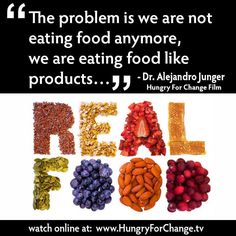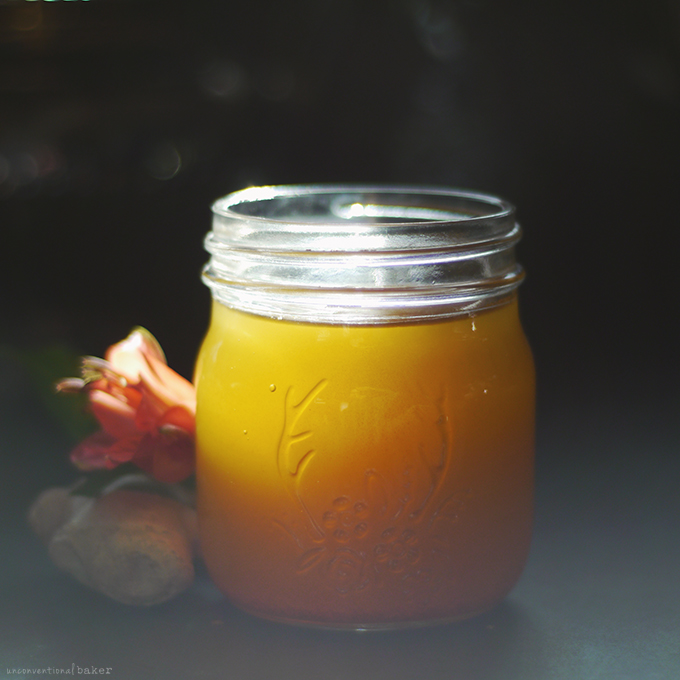‘Real Food vs. ‘Edible, Food- Like Substances’
In a world of work work work… when do we find the time for cooking and food education? When do we find the time to prepare fresh foods. Fruits. Veggies. Where does our food come from? Are we eating real food anymore? Or are we grabbing packaged processed food – like substances for convince? Over here at The WaterHole we’ve been reading Michael Pollan lately and heres a short blurb of what he has to say!
“Americans spend a smaller percentage of their income on food than any people in history—slightly less than 10 percent—and a smaller amount of their time preparing it: a mere thirty-one minutes a day on average, including clean-up. The supermarkets brim with produce summoned from every corner of the globe, a steady stream of novel food products (17,000 new ones each year) crowds the middle aisles, and in the freezer case you can find “home meal replacements” in every conceivable ethnic stripe, demanding nothing more of the eater than opening the package and waiting for the microwave to chirp. Considered in the long sweep of human history, in which getting food dominated not just daily life but economic and political life as well, having to worry about food as little as we do, or did, seems almost a kind of dream.
The dream that the age-old “food problem” had been largely solved for most Americans was sustained by the tremendous postwar increases in the productivity of American farmers, made possible by cheap fossil fuel (the key ingredient in both chemical fertilizers and pesticides) and changes in agricultural policies. Asked by President Nixon to try to drive down the cost of food after it had spiked in the early 1970s, Agriculture Secretary Earl Butz shifted the historical focus of federal farm policy from supporting prices for farmers to boosting yields of a small handful of commodity crops (corn and soy especially) at any cost.
The administration’s cheap food policy worked almost too well: crop prices fell, forcing farmers to produce still more simply to break even. This led to a deep depression in the farm belt in the 1980s followed by a brutal wave of consolidation. Most importantly, the price of food came down, or at least the price of the kinds of foods that could be made from corn and soy: processed foods and sweetened beverages and feedlot meat. (Prices for fresh produce have increased since the 1980s.) Washington had succeeded in eliminating food as a political issue—an objective dear to most governments at least since the time of the French Revolution.
But although cheap food is good politics, it turns out there are significant costs—to the environment, to public health, to the public purse, even to the culture—and as these became impossible to ignore in recent years, food has come back into view. Beginning in the late 1980s, a series of food safety scandals opened people’s eyes to the way their food was being produced, each one drawing the curtain back a little further on a food system that had changed beyond recognition. When BSE, or mad cow disease, surfaced in England in 1986, Americans learned that cattle, which are herbivores, were routinely being fed the flesh of other cattle; the practice helped keep meat cheap but at the risk of a hideous brain-wasting disease.”
What does this all mean? Food politics? How can you take control on your life and what your consuming? Start with going to the grocery store, spotting out fresh organic items to prepare. Find items with 2 or 3 ingredients. Know where your food comes from! Take that extra time to prepare your lunch prepare your dinner! What you eat is a form of self respect!

